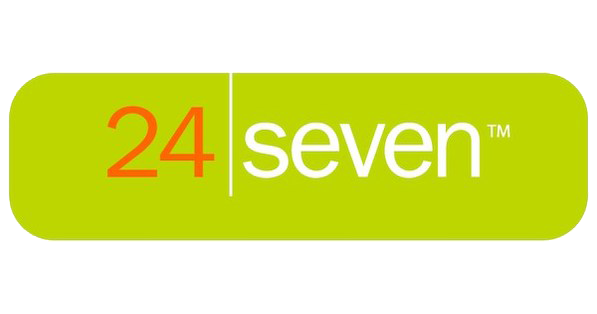What is Reinforcement Learning (RL)? This glossary exposes commonly asked questions.
1. What is Reinforcement Learning (RL)?
Reinforcement Learning is a type of machine learning where an agent learns to make decisions by taking actions in an environment to achieve a goal. The agent learns from the consequences of its actions, through rewards or penalties, to develop a strategy or policy that maximizes some notion of cumulative reward.
2. How does Reinforcement Learning differ from supervised and unsupervised learning?
In supervised learning, the model learns from a labeled dataset, providing the correct answer upfront. In unsupervised learning, the model learns patterns from unlabeled data. RL is different because it learns from trial and error, using feedback from its own actions and experiences, without being explicitly told which actions are correct.
3. What are the key components of an RL system?
The key components include the agent (the learner or decision-maker), the environment (where the agent operates), states (the situation the agent is in), actions (what the agent can do), and rewards (feedback from the environment).
4. What is a policy in Reinforcement Learning?
A policy is a strategy used by the agent to decide which actions to take in different states. It maps states of the environment to actions that the agent should take when in those states.
5. What is Q-learning?
Q-learning is a popular RL algorithm that learns the value of an action in a particular state, providing a way to estimate the total reward that can be obtained by starting from that state and following a certain policy thereafter. It's used to find the optimal action-selection policy for any given finite Markov decision process.
6. What are some common applications of Reinforcement Learning?
RL is used in various domains, including robotics (for tasks like walking and manipulation), game playing (e.g., AlphaGo), autonomous vehicles, recommendation systems, and optimizing decision-making processes in business and finance.
7. What is the exploration vs. exploitation dilemma in RL?
This dilemma involves deciding whether to explore new actions to discover better rewards in the long run or exploit known actions that already yield high rewards. Balancing exploration and exploitation is crucial for the success of an RL agent.
8. How do you train an RL agent?
Training an RL agent typically involves letting the agent interact with its environment and using the rewards from these interactions to update the policy it follows. This process is repeated until the policy converges to the optimal policy.
9. What are Deep Reinforcement Learning (DRL) algorithms?
DRL algorithms combine deep learning with reinforcement learning principles to create systems that can learn to make decisions from high-dimensional input data. They use neural networks to approximate policies, value functions, or model dynamics of the environment.
10. What are the challenges in Reinforcement Learning?
Challenges include the balance between exploration and exploitation, the curse of dimensionality in large state or action spaces, sparse and delayed rewards, and the difficulty of transferring learned policies to slightly different environments or real-world scenarios.
11. Can Reinforcement Learning be used for non-gaming applications?
Yes, while RL has achieved notable successes in gaming, it's also increasingly used in practical applications like robotics, healthcare, finance, and energy systems, where decision-making under uncertainty is crucial.
12. How is Reinforcement Learning related to artificial intelligence?
RL is a core area of artificial intelligence that focuses on how agents can learn to make decisions by interacting with their environment, aiming to achieve artificial general intelligence by enabling machines to learn from their actions similarly to how humans learn from experience.










